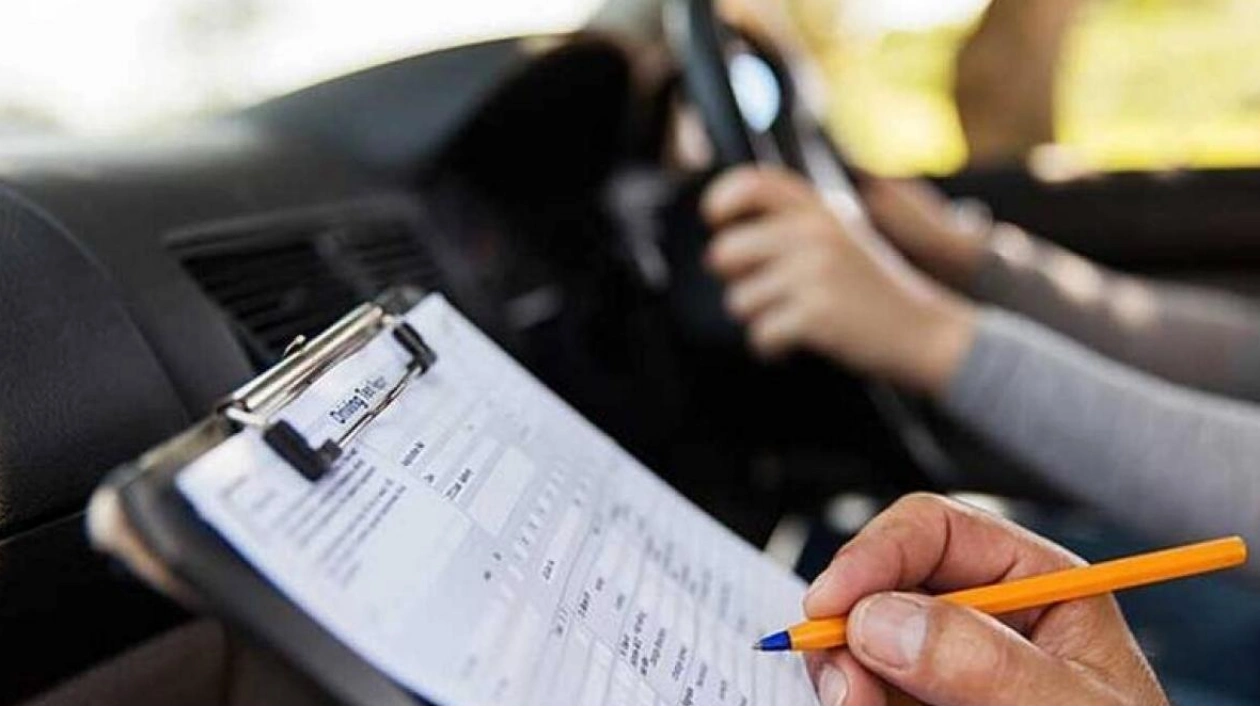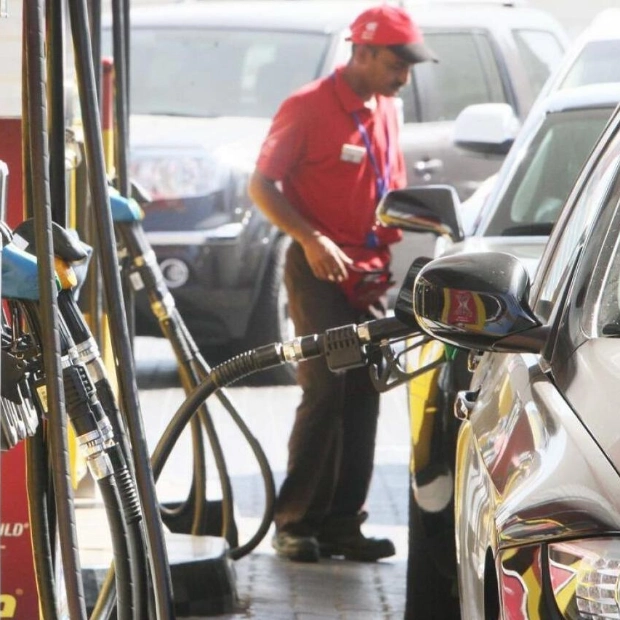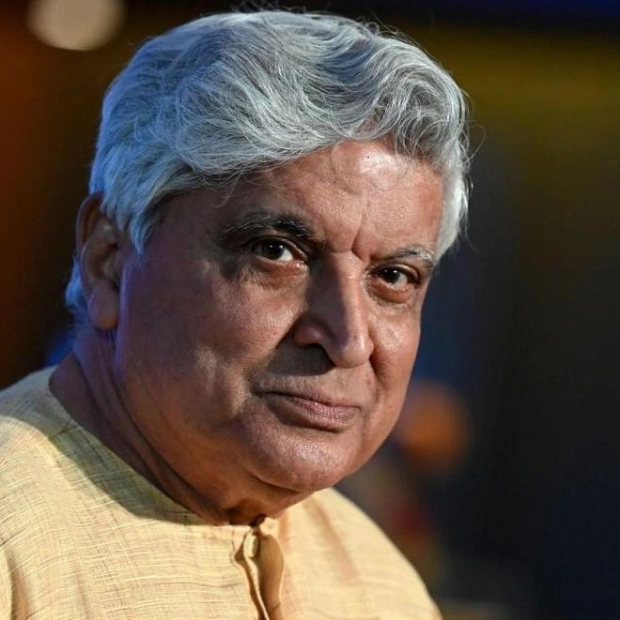Emirati resident Maha L. experienced repeated failure in her driving tests, having failed nine times consecutively. Determined, she opted for driving lessons in a different emirate and passed on her first attempt. "It seemed as though my previous instructor was intentionally setting me up to fail, despite my diligent performance in lessons. I'm perplexed as to how I could fail so consistently in one place yet pass effortlessly elsewhere on my initial try," she expressed.
Rumors have long suggested that certain driving schools in the UAE might be deliberately failing students to generate additional revenue. While some learners have voiced their discontent with the licensing process and switched schools, UAE driving schools have consistently refuted these allegations of intentional failure. To acquire a driving license in the Emirates, individuals must enroll in a recognized driving institute within the respective emirate and fulfill a series of prerequisites, starting with establishing a traffic file at an authorized driving center.
For those without prior driving experience, completion of 40 hours of driving instruction is mandatory. Sameer Agha, Marketing Head at Galadari Motor Driving Centre, addressed the issue with Khaleej Times, stating, "The idea that driving schools extend the learning period for financial benefit is a misunderstanding. Our methodology is centered on the student, emphasizing individual advancement and preparedness over a fixed schedule."
Students at driving schools must successfully navigate a series of tests administered by the traffic department, including a theoretical exam on traffic regulations, a yard test for parking skills, and practical on-road driving tests. Bilal Yassir, a Lebanese expat in Dubai, failed his exam six times before deciding to switch driving institutes, feeling that some were more advantageous than others. "It's straightforward for them to require us to retake exams and additional classes, incurring more costs, without fully appreciating the effort and financial commitment involved," he noted. He also acknowledged that not all responsibility lies with the driving institute, as minor errors by students could necessitate retesting.
Yassir further questioned the validity of the brief street exam in accurately assessing driving competence. "Initial nervousness can lead to failure, as the examiner might judge based on those first tense moments," he explained. Dissatisfied students have increasingly turned to social media to voice their grievances, with viral videos on Instagram and TikTok reinforcing the perception that obtaining a driver's license is more about the driving school's influence than individual skill.
Emirates Driving Institute instructor Wajahat Noor aligned with Agha's views, emphasizing that driving schools do not intentionally fail students. "Reasons for failure can be diverse, often related to insufficient practice or exam nerves. Our goal is to license only those who are sufficiently confident and safe on the road," Noor stated. Agha also debunked the notion of examiners intentionally failing students, highlighting that assessments are based on clear, unbiased criteria, and that driving institutes employ various strategies to maintain transparency and fairness, including regular communication, progress reports, and qualified instruction.






